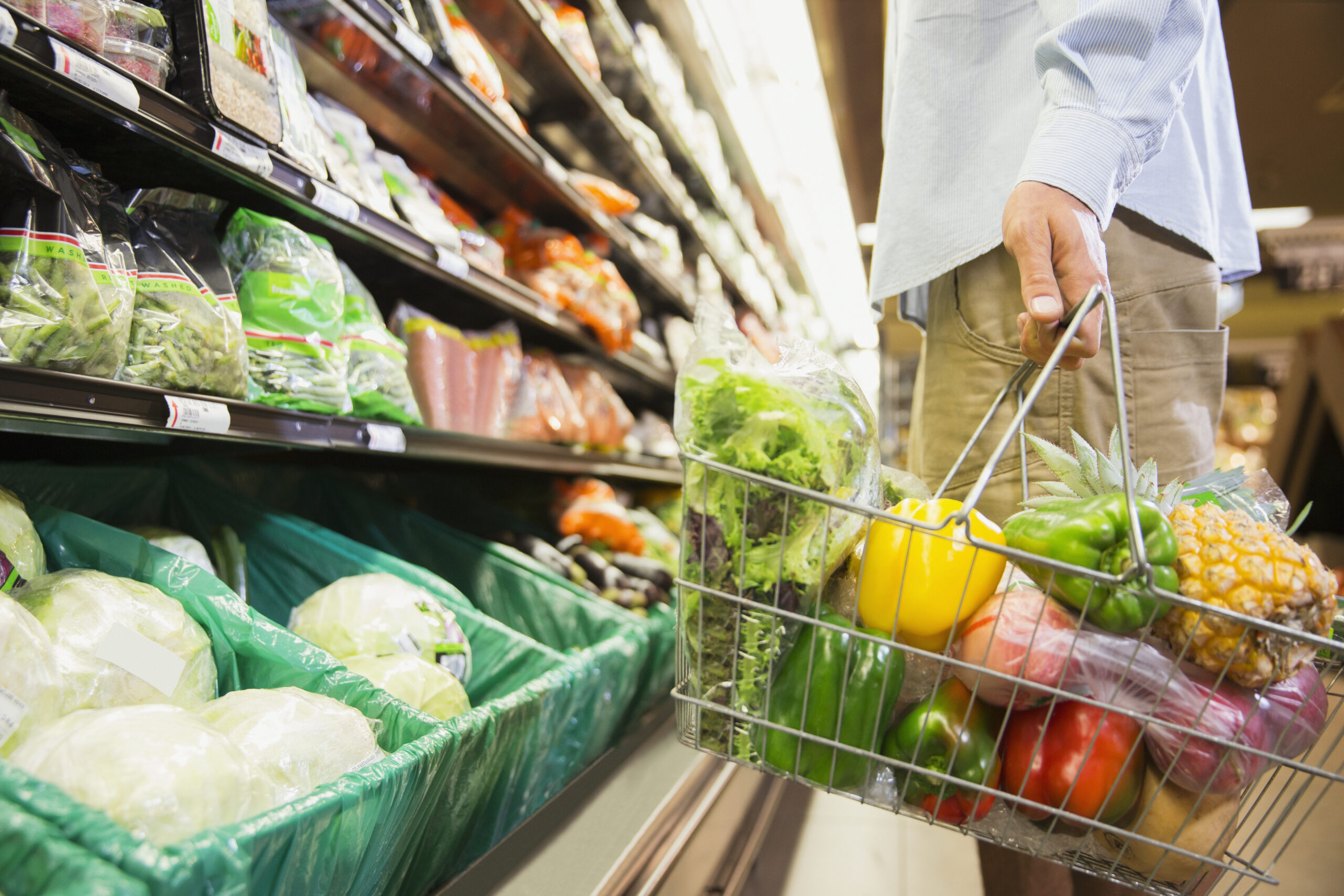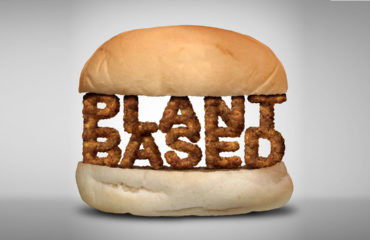Consumers are on the lookout for the best supermarket bargains.
But, as it turns out, the UK’s cheapest supermarket depends on how big your basket is.
There’s been a big shakeup within the grocery sector this past year. From Aldi overtaking Morrisons in the battle for the ‘Big Four’ to supermarket sustainability initiatives, it’s been a disruptive 12 months for a historically pretty steady sector.
One of the main drivers of change? The ongoing cost-of-living crisis.
So, what do you need to know about Britain’s search for the UK’s cheapest supermarket?
- Supermarket switch: how consumer sentiment is driving change.
- The UK’s cheapest supermarket for smaller shops.
- The UK’s cheapest supermarket for trolley shops.
- Becoming a leader in the discount grocery game.
How consumer sentiment is driving change
It’s no secret that shoppers have been feeling the strain from rising inflation, driven largely by food and drink prices.
According to Kantar, supermarket prices increased at an annual rate of 17.5% in March 2023. This is the highest rate since record began, and adds an average £837 to annual household bills.
As a result, finding the cheapest place to shop for essentials has become top priority for a growing number of consumers. That’s why so many Brits have switched up where they do their grocery shop.
Discounters Aldi and Lidl have felt the benefit of this shift in consumer sentiment. Aldi’s market share recently rose to 9.9%, driven by an uptick in sales. Meanwhile, Lidl, as the UK’s fastest-growing supermarket, saw its market share increase to 7.4%.
However, while discounters are the obvious choice for consumers looking to cut back, they may not be the best available option. In fact, recent research suggests that the most cost-effective option for shoppers depends on the size of the shop they do.
In other words, size really does matter when you’re doing your big shop.
The UK’s cheapest supermarket for smaller shops
Consumer watchdog Which? has found that, for smaller baskets, Aldi is the most cost-effective option for cash-strapped shoppers.
At Britain’s reigning cheapest supermarket, a basket of 41 grocery items cost an average of £72.54 across March 2023. Lidl comes in at a close second, costing consumers £72.29, or just 25p more. Both were found to be significantly cheaper than their successors.
Last in the rankings was Waitrose, falling behind Tesco, Asda, Sainsbury’s, and several other UK supermarkets:
- Aldi: £72.54
- Lidl: £72.79
- Sainsbury’s: £80.27
- Tesco: £81.58
- Asda: £81.88
- Morrisons: £83.63
- Ocado: £88.03
- Waitrose: £92.55
The UK’s cheapest supermarket for trolley shops
When it comes to doing a bigger ‘big shop,’ the rankings shift dramatically.
For a trolley of 137 groceries, Asda shoots from fifth place to first. Costing £343.91 on average, Asda’s trolley shop is almost £10 cheaper than Sainsbury’s in second place, and more than £40 cheaper than Waitrose in last place.
Becoming a leader in the discount grocery game
As the grocery landscape continues to change, it’s important for the brands that operate within this space to evolve and meet shifting demands.
As a result, we have seen a rise in requests for NAM talent with specialist discount experience.
Make sure the talent you hire has the right skillset and experience to help you keep pace in this fast-paced market and stand above your competitors.
Get access to our free NAM resources, including salary guide, interview questions and job specification.
Get in touch today:
Call us: 0333 772 7200





